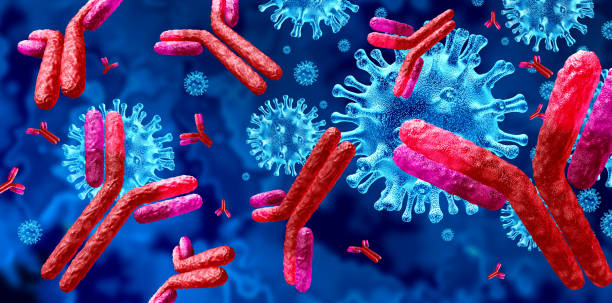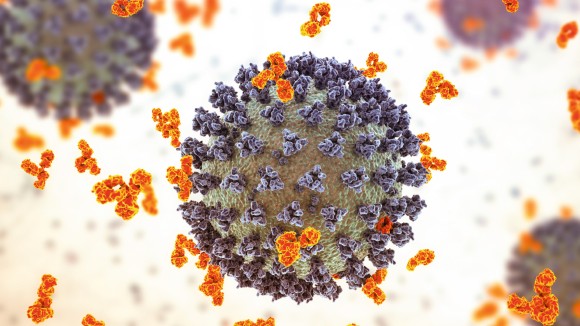
Immunology
Immunology is the study of the immune system, which is the body's defense system against infections and diseases. The immune system works by recognizing harmful invaders like bacteria, viruses, and toxins, and then attacking them to keep the body healthy. Immunologists study how the immune system works, how it can sometimes go wrong, and how it can be strengthened to fight off illnesses. Understanding immunology is important for developing vaccines, treating allergies, and finding new ways to fight diseases like cancer.
Back Home
When was it discovered?
The foundations of immunology were laid in the late 18th century when Edward Jenner developed the first smallpox vaccine in 1796. His work showed that exposing people to a harmless form of the virus could protect them from getting sick. This was a major breakthrough and led to the development of many more vaccines. Over the 19th and 20th centuries, scientists like Louis Pasteur and Robert Koch furthered our understanding of the immune system, discovering how it fights off infections and how vaccines can be used to prevent diseases.

How does it help us?
Immunology helps us in many ways. By understanding the immune system, scientists can develop vaccines that protect us from serious diseases like measles, polio, and COVID-19. Immunology also helps in treating allergies by figuring out why the immune system sometimes reacts too strongly to harmless things like pollen or food. Additionally, research in immunology is leading to new treatments for diseases like cancer, where the immune system can be harnessed to attack and destroy cancer cells. Overall, immunology is essential for keeping us healthy and finding new ways to prevent and treat diseases.

How does understanding the immune system help us improve our health?
Understanding the immune system helps us improve our health by allowing us to prevent and treat diseases more effectively. For example, vaccines train the immune system to recognize and fight off specific pathogens before they can cause illness. In autoimmune diseases, where the immune system attacks the body's own cells, understanding the immune system helps us develop treatments that can calm these attacks. Immunology also helps in developing therapies that boost the immune response against diseases like cancer, giving our bodies a better chance to fight back.
Recap
What is Immunology?
It is the study of the immune system, which protects the body from infections and diseases.
When was it discovered?
Key ideas were introduced in the late 18th century, with Edward Jenner's development of the smallpox vaccine.
How can it help us?
It helps in developing vaccines, treating allergies, and creating new therapies for diseases like cancer.